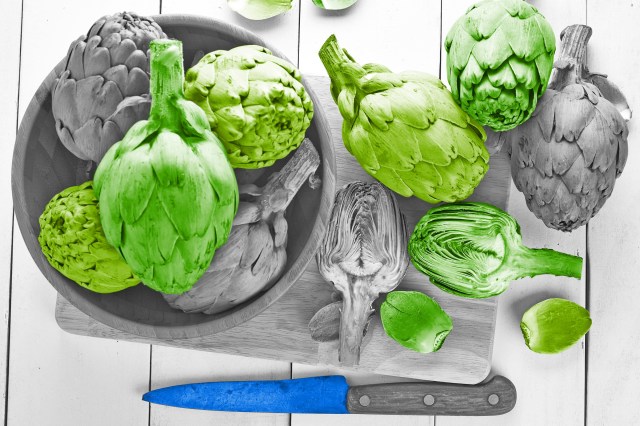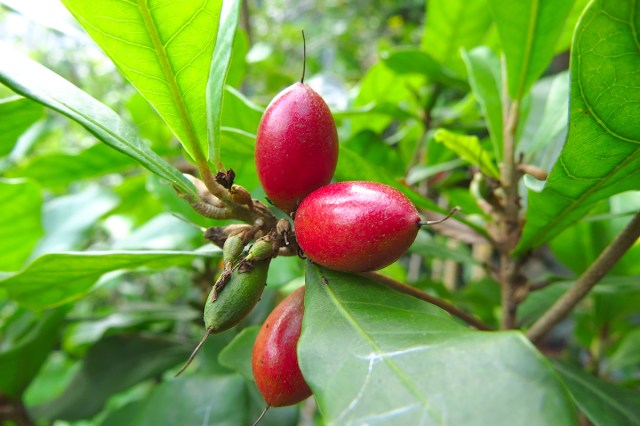
Miracle Berries Turn Sour Food Sweet
The miracle berry, a small red fruit native to West Africa, doesn’t taste particularly remarkable on its own. But once eaten, this mild, slightly tangy fruit temporarily transforms how we experience other foods — especially sour and bitter ones. Lemons suddenly taste like lemonade, and even vinegar can seem almost syrupy.
The key to this feat is a glycoprotein (a protein with sugar molecules attached) called miraculin, named by American scientists in the 1960s for its “miraculous” effects. On its own, miraculin binds to the tongue’s sweet receptors without doing much else. But when you eat something acidic, it activates those receptors, tricking your brain into tasting sweetness without any added sugar.
The effect can last anywhere from 15 minutes up to an hour. Scientists are still exploring potential uses for miracle berries, from helping chemotherapy patients enjoy food again to reducing dietary sugar. In the meantime, the easiest way to try them is by ordering miracle berry tablets online and perhaps sampling a selection of your favorite tart treats at a so-called “flavor-tripping” party.
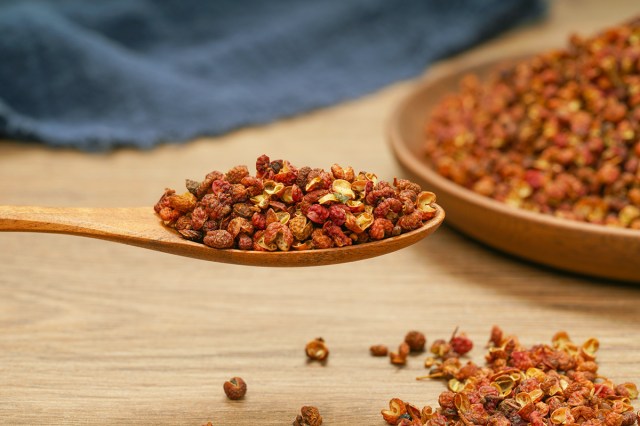
Sichuan Pepper Tingles the Taste Buds
Despite its name, Sichuan pepper isn’t related to black pepper or chili peppers: It’s actually a Chinese spice made from the dried husks of berries from Zanthoxylum plants, a type of prickly ash in the citrus family. Instead of heat, it induces a unique tingling or numbing sensation on the tongue and lips known as paraesthesia.
The tingling sensation comes from one of the pepper’s oil compounds called hydroxy-alpha-sanshool. Rather than binding to taste receptors, it instead stimulates sensory nerves in the mouth — the same ones that respond to touch and temperature.
The effect isn’t just physical, either. The numbing helps balance out spicy heat by dulling some of the burn while also sharpening or exaggerating other sensations and flavors such as citrus or sweetness. In Chinese, Sichuan’s numbing effect is called ma, and when paired with the fiery heat of chilies — known as “la” — it creates mala, the signature numbing spicy flavor at the heart of Sichuan cuisine.
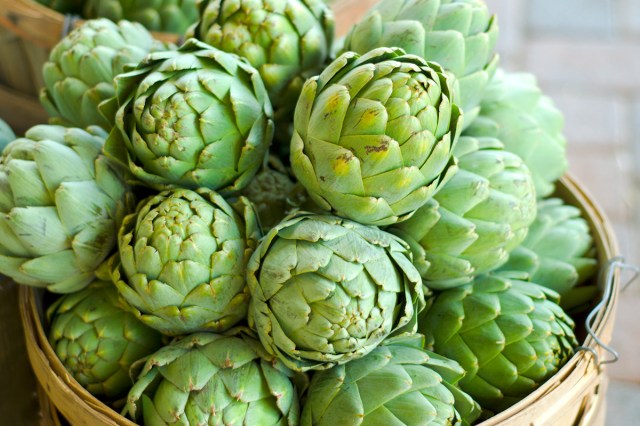
Artichokes Trick the Tongue
Artichokes are a culinary curiosity. Though they’re often thought of as a vegetable, they’re actually edible flower buds. They also have a clever trick up their leaves: After eating them, other foods and drinks can suddenly taste sweeter than usual. The reason lies primarily in cynarin, a naturally occurring plant acid that doesn’t taste sweet by itself but that does temporarily interfere with taste receptors.
Psychologist Linda Bartoshuk has spent her career researching the science of taste. As she told the Los Angeles Times, the cynarin seems to temporarily block the tongue’s sweet taste receptors. When you stop eating and take a drink of water or a bite of bread, the cynarin washes or brushes away and the receptors rebound, suddenly sending their “sweet” signals to the brain.
More Interesting Reads
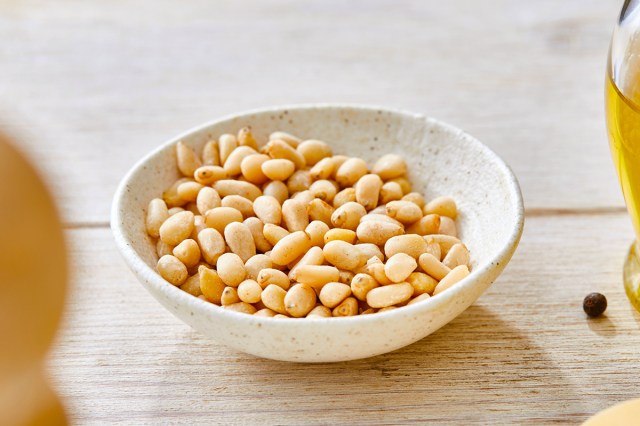
Pine Nuts Make Things Taste Metallic
A few select foods, such as pine nuts, have the power to potentially alter taste perception for weeks at a time. Some people have reported a lingering bitter or metallic taste in their mouth a day or two after eating certain kinds of pine nuts that’s only made worse when other food or drinks are consumed. Symptoms can last anywhere from two days up to four weeks.
The phenomenon, known as the horror-movie-esque “pine mouth,” isn’t yet fully understood. There was no clear throughline of underlying medical causes or common triggers found among 15 people who reported experiencing the condition, and researchers think it may only occur with specific species of pine nuts, such as the Pinus armandii. While most of the nut is made up of fats, proteins, and starches, it also contains lots of tiny trace compounds, leaving it difficult to pinpoint which one of those could be behind the strange aftertaste.
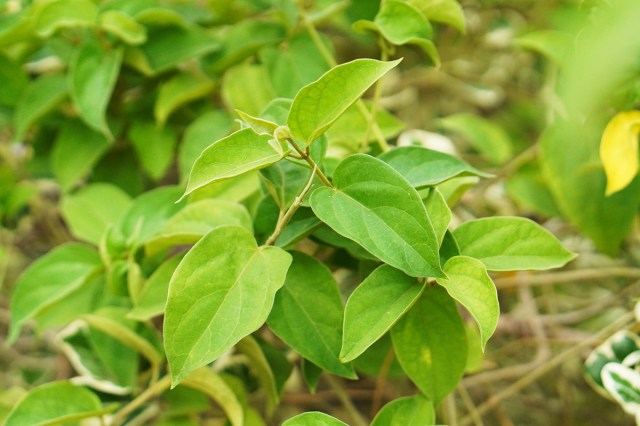
The “Sugar Destroyer”
Unlike miracle berries, which make sour foods taste sweeter, the “sugar destroyer” makes sweet foods taste more bland. The leafy plant named Gymnema sylvestre is traditionally used in India’s Ayurveda medicine (the plant’s more commonly used name, gurmar, means “destroyer of sugar” in Hindi). When chewed or consumed in extract form, its active compounds, especially the gymnemic acids, bind to the sweet taste receptors on our taste buds and prohibit sugar from doing the same. As a result, sugary foods and drinks taste rather bland for about 30 minutes.
In North America, the extract is most commonly available as a lozenge. Results have been found to vary: Some people required two doses to notice a reduction in subsequent foods’ sweetness, while others didn’t notice a difference at all. But studies continue to be done on the plant’s potential for helping to prevent the buildup of triglycerides in muscle and liver tissue (high levels of which have been linked to an increase in heart disease) as well as to regulate glucose levels.
For many, Gymnema sylvestre’s taste-altering properties could help curb the consumption of sweets and manage dietary sugars as needed. Those of us with an insatiable sweet tooth, however, are probably more likely to be tempted by miracle berries.

